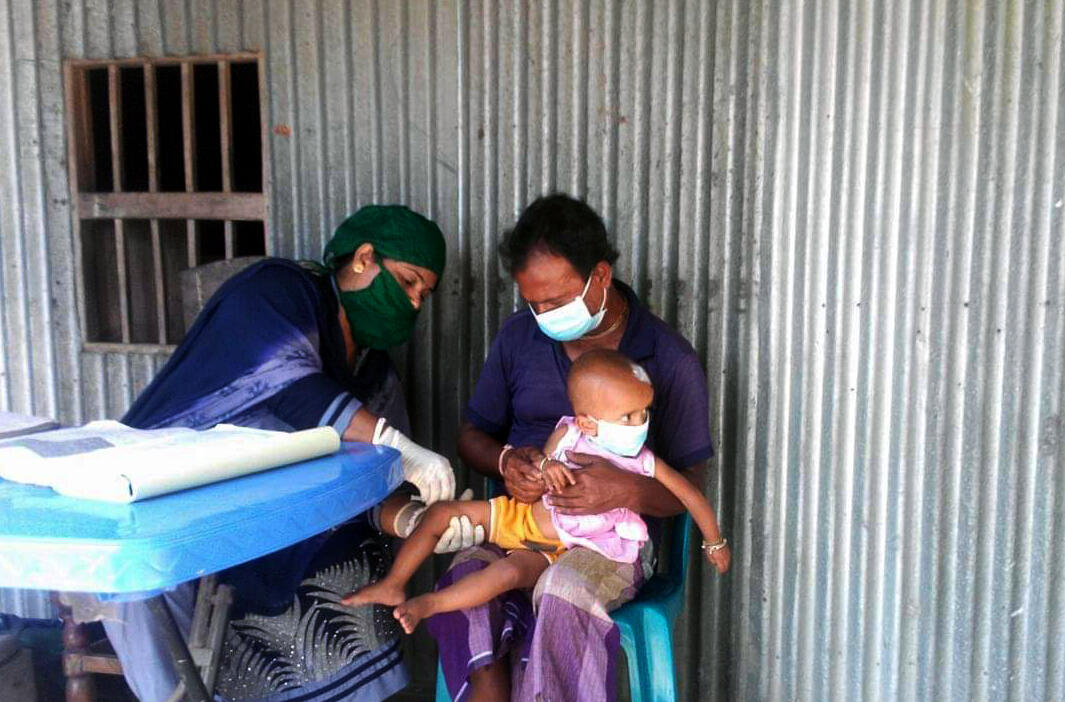
World Vision Australia (WVA) has welcomed the Australian Government's announcement of $352 million to combat COVID-19 through medical research and development of a vaccine.
"The urgent development and roll-out of a vaccine is critical to end this pandemic and to stem its devastating flow-on effects in Australia and around the world," WVA senior policy advisor Nadine Haddad said.
But once a vaccine is developed, WVA has stressed that it should be made available to the most vulnerable people first. This also includes people most at risk, whether that be Indigenous people in Australia, or those living in the most vulnerable parts of the world.
"These are places where vulnerable people have very limited access to health services and where social distancing is often impossible," Ms Haddad said.
World Vision repeated its call for the Australian Government to contribute $84 million to the international humanitarian response - because this global crisis needs a global response.
"We may well discover a vaccine, but it will be of no use to the world's poorest and most vulnerable if there are no healthcare workers, no clinics, no syringes or no needles to administer it to them," Ms Haddad added.
"Australia is showing leadership in developing a COVID-19 vaccine, and we call for similar leadership for the international humanitarian response."
Developing the vaccine is important, but only one part of the solution to COVID-19.
"As you know, COVID-19 has created a health crisis, but it has also created an economic crisis and a humanitarian crisis as well. We need to combat all of these crises. A vaccine is not a cure-all for dealing with the wide-ranging impacts of COVID-19 already being felt around the world."
WVA is deeply concerned the impacts of COVID-19 will permanently scar the development of a generation of the world's most vulnerable children, and that the economic contraction from the virus could undo three decades of development gains in some parts of the world, pushing up to 500 million people into poverty.
A World Vision report in April estimated that up to 30 million children are at risk from the secondary impacts of COVID-19, as deadly diseases like malaria, and conditions like malnutrition go untreated due to overstretched health systems.
COVID-19, and the resulting economic downturn also increases the risks of child labour, child marriage, violence against children and children becoming orphans.
World Vision is responding to the devastating impact of COVID-19 in more than 70 countries with a $AU548 million response that aims to reach 72 million people - half of them children.






